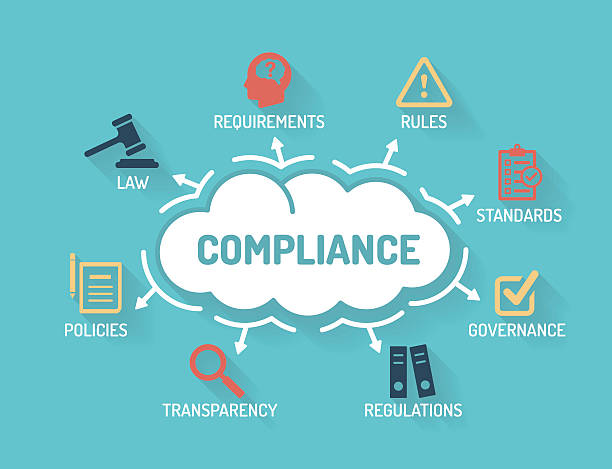Google Analytics Cookie Consent
Google Analytics Cookie Consent” refers to the requirement for websites to obtain user consent before setting cookies for Google Analytics tracking. This ensures compliance with data protection regulations such as the GDPR, which mandates informed consent for the processing of personal data through cookies. Websites using Google Analytics must display a cookie consent banner or pop-up, informing users about the use of cookies for tracking purposes and providing them with the option to accept or decline. By obtaining explicit consent, websites demonstrate respect for user privacy preferences and fulfill their legal obligations regarding data protection. This process empowers users by giving them control over their online privacy and allows them to make informed decisions about the collection and processing of their personal data. Ultimately, Google Analytics Cookie Consent plays a crucial role in promoting transparency and accountability in online data practices while safeguarding user privacy rights.

Google Analytics Cookie Consent Requirements by Bandiz Technoz
Necessity of User Consent
These requirements underscore the importance of websites acquiring explicit consent from users prior to deploying cookies for Google Analytics tracking. It is essential for websites to seek users’ explicit permission before employing cookies for tracking activities. This emphasis ensures compliance with privacy regulations and reinforces the principle of user autonomy over their personal data. By obtaining explicit consent, websites demonstrate respect for users’ privacy preferences and legal requirements regarding data protection. This approach promotes transparency and trust between websites and users, fostering a more accountable digital environment. Ultimately, prioritizing explicit user consent aligns with the overarching goal of safeguarding individuals’ privacy rights and upholding ethical data practices in online interactions.

Compliance with Data Protection Regulations

Implementation of Cookie Consent Mechanisms

User Empowerment and Privacy Protection
Securing explicit consent empowers users, enabling them to exert control over their online privacy and make informed decisions regarding the collection and processing of their personal data. By obtaining consent, websites empower users to determine how their information is handled, fostering transparency and accountability in data practices. This approach promotes user autonomy and reinforces the importance of respecting individuals’ privacy rights. Users are empowered to choose whether to allow or deny the use of their personal data for various purposes, enhancing their confidence in online interactions. Moreover, this emphasis on user empowerment aligns with principles of transparency and accountability, ensuring that websites uphold ethical standards in data management. By prioritizing user consent, websites demonstrate their commitment to privacy protection and ethical data handling practices, ultimately fostering a more trustworthy online environment.

Key Features

Automated Consent Capture
Compliance Assurance

Customer Empowerment
Covering Everywhere You Have Data
With 1000+ integrations across data systems



























